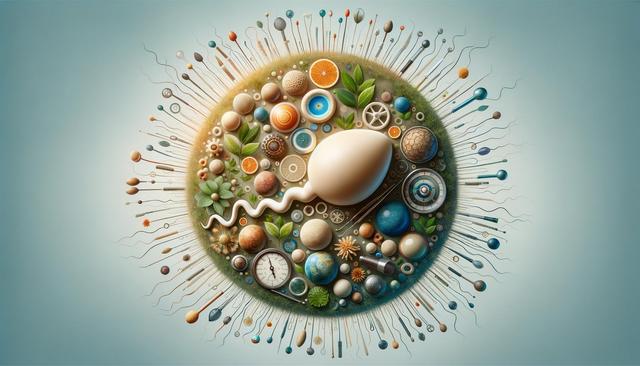The Role of Sperm Donation in Modern Families
Sperm donation has become an increasingly important aspect of modern family building. For many individuals and couples, it provides an opportunity to fulfill their dreams of parenthood when traditional methods may not be viable. This reproductive option is particularly beneficial for same-sex couples, single parents by choice, and those facing infertility challenges. By offering a solution to a diverse range of people, sperm donation plays a critical role in supporting family diversity and inclusivity.
Understanding the Process of Sperm Donation
The process of sperm donation involves several carefully managed steps to ensure safety and efficacy. Interested donors typically undergo a thorough screening process, which includes medical history analysis, genetic testing, and psychological evaluation. Once cleared, donors provide samples that are stored and quarantined for a certain period, during which they undergo extensive testing for infectious diseases.
After this period, the samples are ready for use in assisted reproductive technologies such as intrauterine insemination (IUI) or in vitro fertilization (IVF). This meticulous approach ensures that the donated sperm is safe and viable for those who choose this path to parenthood.
Benefits of Choosing Sperm Donation
Sperm donation offers numerous benefits to those seeking to build a family. Some of the advantages include:
- Genetic Diversity: Donors often come from a wide variety of backgrounds, providing a range of genetic traits for families to choose from.
- Control and Choice: Recipients can select donors based on specific characteristics such as physical attributes, education, and interests, aligning with their personal preferences.
- Supportive Resources: Many clinics offer counseling and support services to help recipients navigate the emotional and logistical aspects of the process.
These benefits make sperm donation a compelling option for many, providing hope and opportunity to families worldwide.
Challenges and Considerations
While sperm donation offers many advantages, there are also challenges and considerations to keep in mind. One of the primary concerns is the potential emotional impact on both donors and recipients. Donors may experience feelings of uncertainty about future contact with biological offspring, while recipients may face questions from their children about their origins.
Additionally, legal and ethical considerations vary by region, affecting donor anonymity and rights. It’s essential for all parties to be informed and prepared for these potential challenges as they embark on this journey.
Looking Ahead: The Future of Sperm Donation
The future of sperm donation looks promising, with advancements in technology and growing societal acceptance continuing to shape its trajectory. As more people consider this option, there is likely to be increased demand for diverse donor profiles and enhanced screening techniques.
Furthermore, ongoing discussions about ethical practices and donor rights are expected to evolve, ensuring that the process remains respectful and beneficial for all involved. Sperm donation will continue to be a vital component of family-building strategies, offering hope and possibilities to those who seek it.
Conclusion
For those exploring the path of sperm donation, it represents not only a medical procedure but a transformative opportunity to create and nurture families. As the process continues to evolve, it remains a beacon of hope for many, providing an inclusive and supportive option for diverse family structures. Understanding the intricacies and implications of this option empowers individuals and couples to make informed decisions, ultimately contributing to a more inclusive and diverse society.
